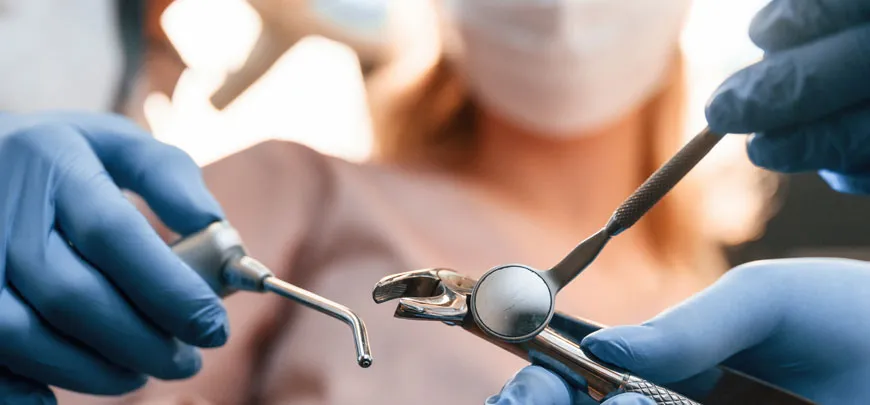Working Hours
- Mon-Thu 9 AM - 6 PM
Fri and Sat 9 AM - 3 PM
Sun Closed
Contact Info
-
Phone: 514-695-5545
- dentalolympic@gmail.com
Dental Extraction

Despite the fear it can induce, dental extraction is a useful procedure. Though it’s often associated with wisdom tooth removal, this method can solve many other problems.
Why extract a tooth?
A tooth may need extraction for any number of reasons. Advanced periodontitis leading to tooth mobility, a tooth fractured beyond repair, or tooth decay that does not respond to endodontic treatment can all lead to dental extraction. Orthodontic treatments and stubborn baby teeth can also lead the dentist to choose this intervention.
How does dental extraction work?
Before taking any action, your dentist will order an x-ray of the tooth to be extracted to decide on manoeuvres and avoid any complications. The treated areas are numbed to ensure a painless extraction. If you feel any anxiety or fear regarding this procedure, be sure to bring it up with your dentist.
It is normal for bleeding to occur after tooth removal. Simply bite into a gauze pad and apply constant pressure. To avoid infection, follow the post-operative care instructions outlined below.
Post-operative care instructions for tooth extraction
- Eat soft and chilled foods. After each meal, gently rinse out your mouth with lightly salted lukewarm water. Avoid using mouthwash containing alcohol since it can irritate the wound.
- Continue brushing your teeth without going over the wound
- If you feel pain, you can take the prescribed medication.
- Stay hydrated, but don’t drink with a straw for five to seven days following the surgery.
- Avoid smoking or taking drugs for three to four days following the procedure as it could lead to infection.



